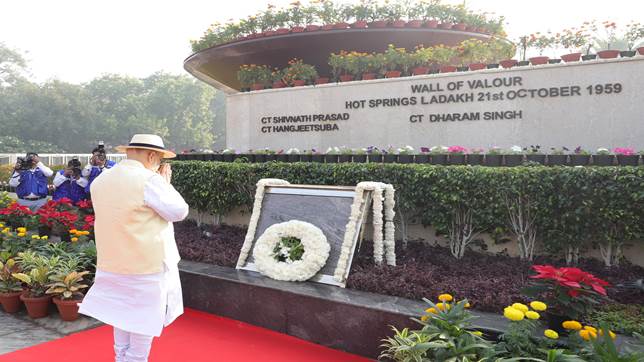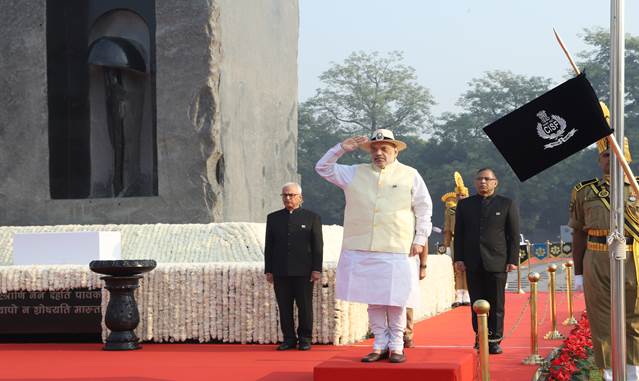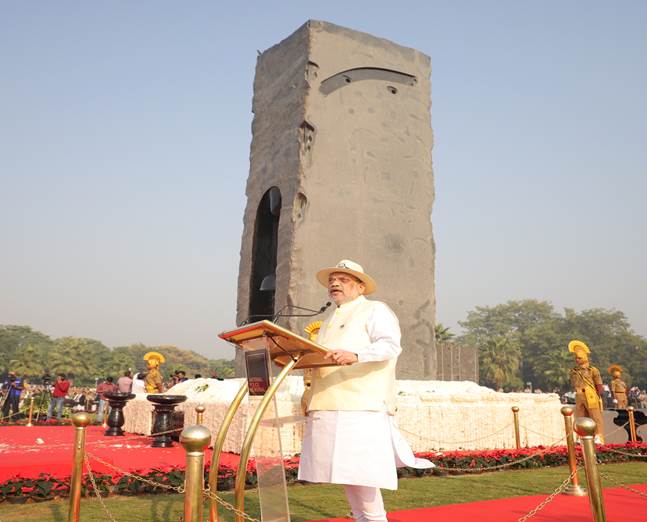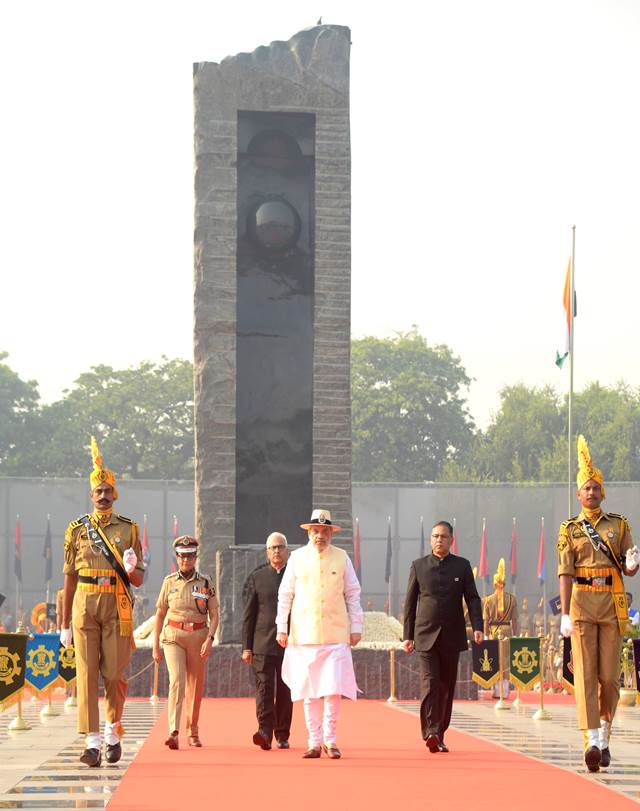The Prime Minister, Shri Narendra Modi inaugurated the priority section of Delhi-Ghaziabad-Meerut RRTS Corridor at Sahibabad RapidX Station in Ghaziabad, Uttar Pradesh today. He also flagged off the Namo Bharat RapidX train connecting Sahibabad to Duhai Depot, marking the launch of the Regional Rapid Transit System (RRTS) in India. Shri Modi dedicated to the nation, two stretches of east-west corridor of Bengaluru Metro.
The Prime Minister also travelled on board the Regional Rapid Train Namo Bharat.
Addressing the gathering, the Prime Minister said that today is a historic moment for the nation as India’s first Rapid Rail Service, the Namo Bharat Train is being dedicated to the people. Shri Modi recalled laying the foundation stone for the Delhi-Ghaziabad-Meerut RRTS Corridor four years ago and marked its operation today on the Sahibabad to Duhai Depot stretch. He reiterated the government’s commitment to inaugurate the projects whose foundation stones are laid and expressed confidence that he will be present to inaugurate the completion of the Meerut stretch of RRTS after one and a half years. Shri Modi shared his experience of traveling in the Namo Bharat earlier today and expressed delight at the transformation of Railways in the country. Noting the occasion of Navratra, the Prime Minister said that the Namo Bharat has been blessed by Mata Katyayani. He also informed that women make up the entire support staff and the locomotive pilots of the newly inaugurated Namo Bharat Train. “Namo Bharat is a symbol of the strengthening women power in the country”, Shri Modi said. The Prime Minister congratulated the people of Delhi, NCR and Western Uttar Pradesh for today’s projects on the auspicious occasion of Navratra. The Prime Minister said that the Namo Bharat train has modernity and speed. “Namo Bharat Train is defining the new journey of New India and its new resolutions”, the Prime Minister said.
The Prime Minister reiterated his belief that India’s development lies in the development of the states. He said that two stretches of Metro will further strengthen the connectivity at the IT hub of Bengaluru. He informed that about 8 lakh passengers are traveling by Metro everyday.
“India of the 21st century is writing its own saga of progress and development in every sector”, the Prime Minister said. He mentioned the recent success of Chandrayaan 3 and also touched upon the successful organization of G20 which has made India a center of attraction for the entire world. He mentioned the record-breaking performance of bagging more than a hundred medals at the Asian Games, the launch and expansion of 5G in India, and the record number of digital transactions taking place. Shri Modi also mentioned the Made in India Vaccines which turned out to be a lifesaver for crores of people in the world. Referring to India’s rise in the manufacturing sector, the Prime Minister spoke about the eagerness of multinational companies to set up manufacturing units in India for mobile phones, TVs, laptops and computers. He also touched upon defence manufacturing including fighter jets and aircraft carrier INS Vikrant. “The Namo Bharat train is also Made in India”, Shri Modi underlined as he informed that the screen doors installed on the platforms are also made in India. Prime Minister Modi also informed that the noise levels in the Namo Bharat Train are less than that of helicopters and airplanes.
The Prime Minister stressed that Namo Bharat is a glimpse of India of the future and exemplifies the transformation of the nation with growing economic muscle. The Prime Minister said that this 80 km Delhi Meerut stretch is just the beginning as the first phase will see many areas of Delhi, Uttar Pradesh, Haryana and Rajasthan being connected with Namo Bharat Train. In the coming days, Shri Modi informed that a similar system will be created in the other parts of the country to improve connectivity and create new avenues of employment.
The Prime Minister said that this third decade of the present century is the decade of transformation of Indian Railways. “I am not in the habit of small dreams and walking slowly. I want to give a guarantee to the young generation of today that by the end of this decade, you will not find Indian trains second to none in the world”, Prime Minister Modi said. He mentioned that Indian railway will achieve a new pedestal in the world in safety, cleanliness, facilities, coordination, sensitivity, and capability. Indian railway is not very far from the goal of 100 percent electrification. He listed initiatives like modern trains such as Namo Bharat and Vande Bharat and the upgradation of the railway station under Amrit Bharat Railway station scheme. “Trinity of Amrit Bharat, Vande Bharat and Namo Bharat will become a symbol of modern railways by the end of this decade”, he added.
Underling the thinking of multi-modal connectivity, the Prime Minister said that Delhi’s Sarai Kale Khan, Anand Vihar, Ghaziabad and Meerut bus stations, metro stations and railway stations are being connected by Namo Bharat system.
Shri Modi underlined the government’s emphasis on improving the standard of living and quality of life of all citizens, providing better air quality, getting rid of garbage dump yards, better educational facilities and improving public transport services. The Prime Minister informed that the government is spending more than ever to improve the public transport system in the country and mentioned the all-round development efforts on land, air and sea. Giving examples of water transport systems, the Prime Minister informed that more than a hundred waterways are being developed in the rivers of India where the largest waterway is being developed along the Ganges from Varanasi to Haldia. He said that farmers can now send their produce outside the region with the help of inland waterways. The Prime Minister also touched upon the recently concluded Gangavilas river cruise which completed a journey of more than 3200 km and created a world record for the longest river cruise in the world. He spoke about the expansion and modernization of port infrastructure in the country whose benefits are also reaped by states like Karnataka. Referring to the land network, the Prime Minister informed that more than Rs 4 lakh crores are being spent on expanding the web of modern expressways, while Rs 3 lakh crores are being spent on modern trains such as Namo Bharat or metro trains. Drawing parallels from the expansion of the metro network in Delhi, the Prime Minister said that cities like Noida, Ghaziabad, Lucknow, Meerut, Agra and Kanpur from Uttar Pradesh are following a similar path. Even in Karnataka, the metro is being expanded in Bengaluru and Mysuru. Throwing light on the increased air connectivity, the Prime Minister informed that the number of airports has doubled in the last 9 years, and India’s airlines have placed orders for more than 1000 new aircrafts. The Prime Minister also spoke about India’s rapid stride in the space sector and mentioned the Chandrayaan that has set foot on the Moon. Shri Modi informed that the government has prepared a roadmap till 2040, which includes the Gaganyaan for manned space journeys, and setting up India’s space station. “The day is not far when we will land the first Indian on the moon in our spacecraft”, the Prime Minister emphasized. He reiterated that these developments are carried out for the youth of the country and create a bright future for them.
The Prime Minister emphasized the need to reduce urban pollution. This is leading to a growing network of electric buses in the country. The Central government has started a scheme of providing 10,000 electric buses to the states. He informed that the Government of India is preparing to run more than 1300 electric buses in Delhi at an expense of Rs 600 crore. Out of these, more than 850 electric buses have already started plying in Delhi. Similarly, in Bangalore also, the Government of India is providing assistance of Rs 500 crore to run more than 1200 electric buses. “The Central Government is trying to promote modern and green public transport in every city, be it Delhi, UP or Karnataka”, he said.
The Prime Minister said that civic ease is being given the foremost priority in the infrastructure that is being developed in the country. He highlighted the ease that trains like Metro or Namo Bharat will bring in the lives of the commuters and how quality infrastructure will bring new opportunities for the youth, businessmen, and working women of the country. “Social infrastructure like hospitals will benefit patients, doctors and medical students. Digital infrastructure will ensure the prevention of leakage and smooth transaction of money”, he added.
Noting the ongoing festive period, the Prime Minister highlighted the recent decisions taken by the Union Cabinet for the benefit of farmers, employees and pensioners. He informed that the government has made a huge increase in the MSP of Rabi crops where the MSP of lentils has been increased by Rs 425 per quintal, mustard by Rs 200 and wheat by Rs 150 per quintal. He also noted that the MSP of wheat which was Rs 1400 per quintal in 2014 has now crossed Rs 2000, MSP of lentils has more than doubled in the last 9 years, and MSP of mustard increased by Rs 2600 per quintal during this period. “This reflects our commitment to provide farmers a support price of more than one and a half times the cost”, he added.
The Prime Minister informed about the steps that ensure the availability of urea at affordable rates. He said urea bags that cost 3000 rupees in the international market are available to Indian farmers for less than 300 rupees. The government is spending more than 2.5 lakh crore every year on this.
The Prime Minister highlighted the government’s emphasis on utilizing the residue left after the harvest, be it paddy straw or stubble. He mentioned biofuel and ethanol units being set up across the country boosting ethanol production 10 times compared to 9 years ago. So far, the Prime Minister informed that the farmers have received approximately Rs 65 thousand crores from ethanol production. “In the last ten months alone, a total payment of more than Rs 18 thousand crore has been made to the farmers of the country”, he added. Speaking about the farmers of Meerut-Ghaziabad region, he informed that more than Rs 300 crore has been paid for ethanol in just 10 months of the year 2023.
The Prime Minister also mentioned festival gifts of reducing the gas cylinder price by 500 rupees for Ujjwala beneficiaries, free rations to more than 80 crore citizens, 4 percent DA and DR to the central government employees and pensioners and Diwali bonus for lakhs of group B and C non gazetted railway employees. “This will benefit the entire economy as it will promote economic activities in the market”, he said.
Concluding the address, the Prime Minister emphasized that the festive joy in every family increases when such sensitive decisions are taken. And the happiness of every family in the country makes up for the festive mood. “You are my family, so you are my priority. This work is being done for you. If you are happy, I will be happy. If you are capable, the country will be capable”, the Prime Minister concluded.
Governor of Uttar Pradesh, Ms Anandiben Patel, Chief Minister of Uttar Pradesh, Shri Yogi Adityanath, and Union Minister for Housing and Urban Affairs, Shri Hardeep Singh Puri were present on the occasion among others, while Chief Minister of Karnataka, Shri Siddaramaiah joined the event via video conferencing.
Delhi-Ghaziabad-Meerut RRTS Corridor
The 17 Km priority section of Delhi-Ghaziabad-Meerut RRTS Corridor will connect Sahibabad to ‘Duhai Depot’ with stations at Ghaziabad, Guldhar and Duhai on the way. The foundation stone for Delhi-Ghaziabad-Meerut corridor was laid by the Prime Minister on 8th March 2019.
In line with the Prime Minister’s vision to transform regional connectivity in the country through the construction of new world-class transport infrastructure, the Regional Rapid Transit System (RRTS) project is being developed. RRTS is a new rail-based, semi-high-speed, high-frequency commuter transit system. With a design speed of 180 Kmph, RRTS is a transformational, regional development initiative, which is designed to provide high-speed trains for intercity commuting every 15 minutes, which can go up to a frequency of every 5 minutes as per requirement.
A total of eight RRTS corridors have been identified to be developed in NCR, out of which three corridors have been prioritised to be implemented in Phase-I including Delhi – Ghaziabad – Meerut Corridor; Delhi – Gurugram – SNB – Alwar Corridor; and Delhi – Panipat Corridor. The Delhi-Ghaziabad-Meerut RRTS being developed at a cost of more than Rs 30,000 crore and will connect Delhi to Meerut in less than an hour of travel time going through the urban centres of Ghaziabad, Muradnagar, and Modinagar.
RRTS being developed in the country, is a state-of-the-art regional mobility solution and is comparable to the best in the world. It will provide safe, reliable and modern intercity commuting solutions in the country. In line with PM GatiShakti National Master Plan, the RRTS network will have extensive multi-modal integration with Railway stations, Metro stations, Bus services etc. Such transformative regional mobility solutions will boost economic activity in the region; provide improved access to employment, education & healthcare opportunities; and help in the significant reduction of vehicular congestion & air pollution.
Bengaluru Metro
The two metro stretches that will be formally dedicated to the nation by the Prime Minister connect Baiyappanahalli to Krishnarajapura and Kengeri to Challaghatta. These two metro stretches were opened for public service from 9th October 2023 to provide convenience to the public commuting on this corridor, without waiting for formal inauguration.
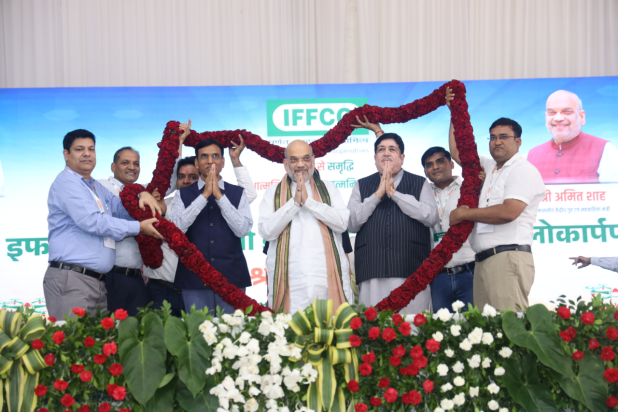
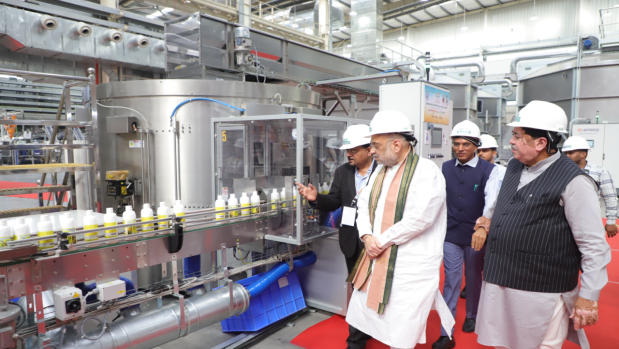


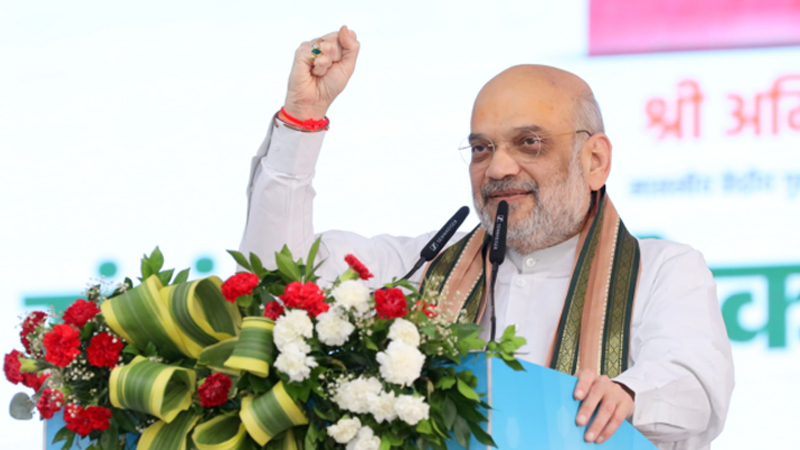
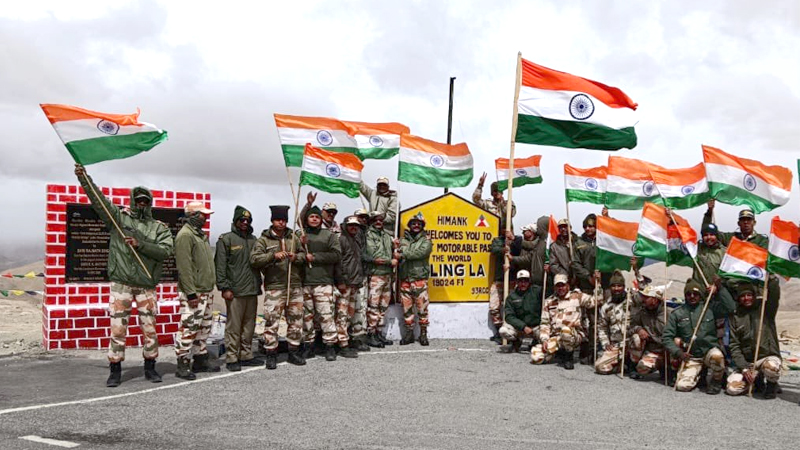
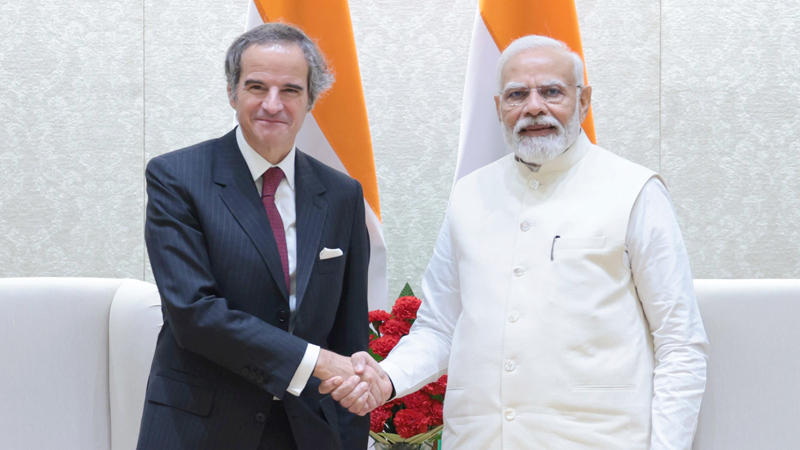
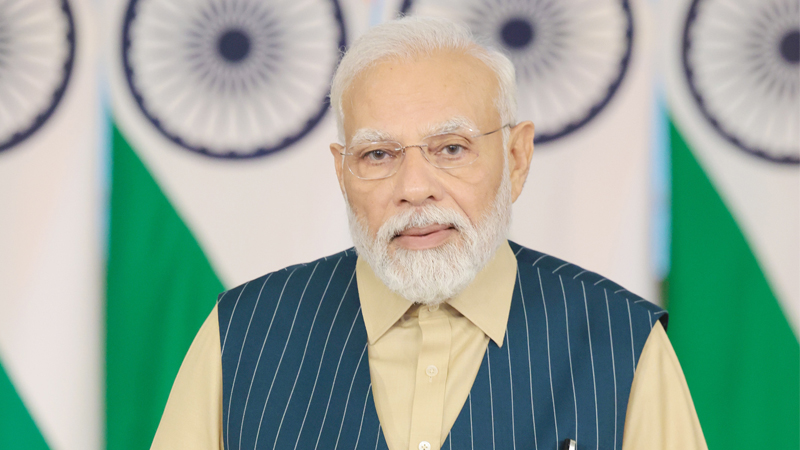

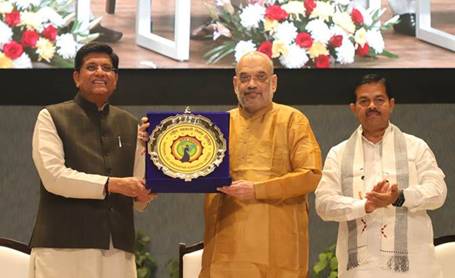
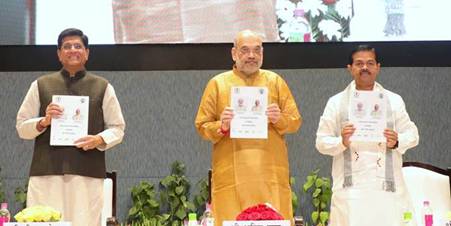
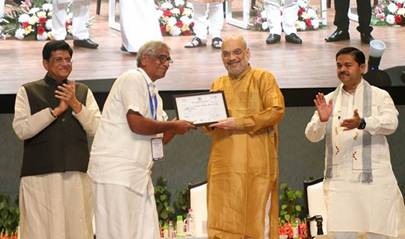
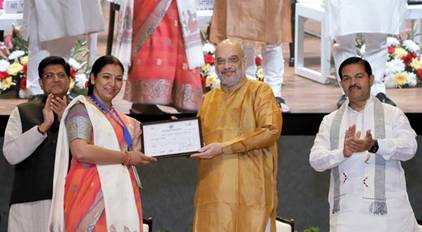
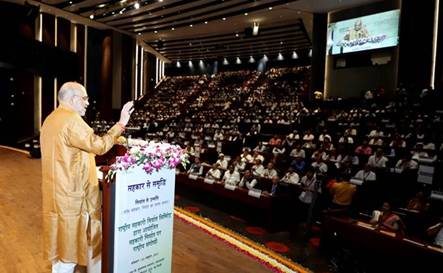

DBT9.JPG)
K5N1.JPG)
Q7R0.JPG)



